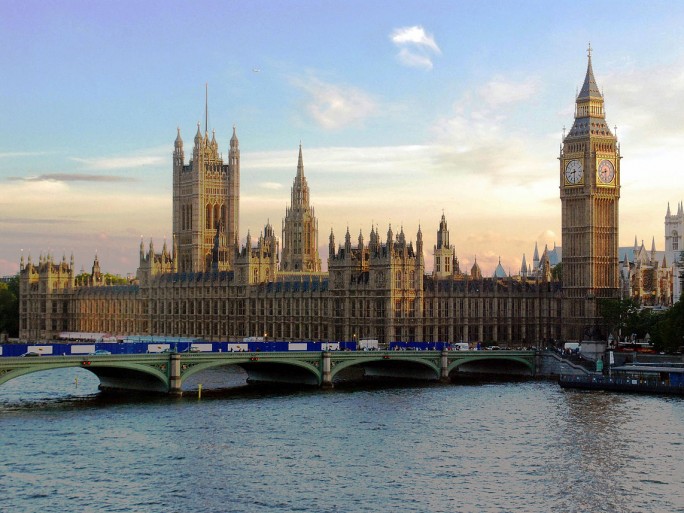Election 2017: What Do The Major Parties Plan For Technology?

GENERAL ELECTION 2017: Read our party-by-party guide to technology policy
Liberal Democrats
Support for the UK technology industry: The Lib Dems say tech, both as an industry and how it can empower the country as a whole, is central to its vision for Britain.
The Lib Dems would invest in infrastructure to the tune of £100 billion, look to double the number of small businesses involved in the digital economy and support ICT expenditure in non-tech sectors. It would support entrepreneurs with startup allowances and protect the £2 billion science budget.
Adults would be able to improve digital literacy and have access to on the job training, while the national curriculum would retain coding and include technical skills. Digital apprenticeships would also be created and the Lib Dems would ensure there would be no shortfall in projected EU funding for research.
Communications: The party’s manifesto included a a pledge for ‘hyperfast’ broadband of 2Gbps for businesses and a universal service obligation (USO) of 30Mbps for the entire country.
Regulation and Brexit: The Lib Dems want a second referendum on the final deal negotiated with the EU with the option to remain a part of the bloc. In any case it opposes a hard Brexit and wants to remain part of the single market, with an immigration policy that attracts skilled workers.
There is also a commitment to end widespread state surveillance by only targeting those suspected of wrongdoing. It also opposes Conservative plans to undermine encryption.
The party also acknowledge the threat to jobs as a result of new technologies and would endeavour to strike a balance.
Read the full Lib Dem breakdown here
Scottish National Party (SNP)
Support for the UK technology industry: Specific policies for the Scottish tech sector were thin on the ground but there are general commitments for Brexit and connectivity as detailed below.
Connectivity: The SNP has vowed to deliver superfast broadband to everyone in the country 2021 and to tackle mobile ‘notspots.
In addition to the pledge for 100 percent coverage, the SNP will also campaign for the universal service obligation (USO) to start at 30Mbps and for a legal mechanism to increase this over time (the latter component is already part of the government’s proposals).
The SNP also said it would work to tackle areas without mobile coverage. EE plans to extend 4G coverage to four fifths of the Scottish landmass by the end of the year, but it is unclear how the SNP would extend that further. For reference, EE’s overall UK target is 95 percent.
Regulation and Brexit: The SNP wants Scotland to remain part of the European single market and for Scottish universities to retain EU funding for research following Brexit and to ensure the nation can attract the skilled immigrants it needs for the economy.
The manifesto also wants to ensure Scottish mobile users continue to benefit from the abolition of mobile charges once the UK has left the EU. There are also calls for energy efficiency to be an official policy and support for renewable energies.
Read the full SNP breakdown here